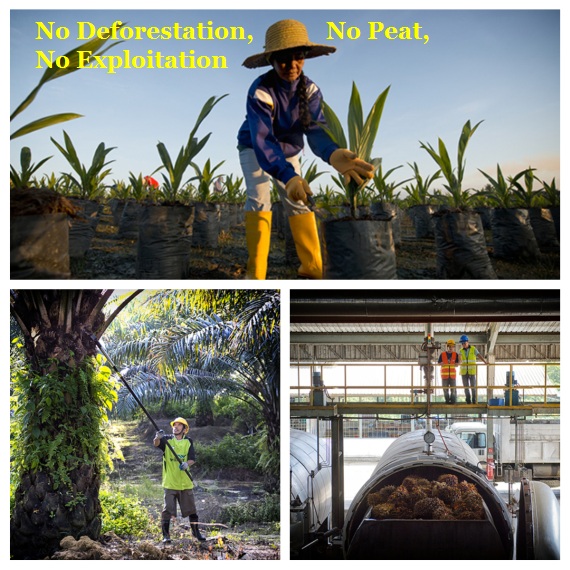Excerpts from DBS report
Analysts: William Simadiputra + Woon Bing Yong
| What’s New • WILMAR to benefit from the success of its well established brand, and after a decade of investments in its distribution channels and production facilities
• Raise FY21-22F earnings by 7% on stronger topline growth and profitability • Lift TP to S$6.67, maintain BUY |
||||
| Deserves higher valuation multiples |
Investment Thesis
Wilmar set to reap the benefits after a decade of investments to deliver steady profit performance. Wilmar’s strong earnings growth momentum from both its China and exChina operations should support Wilmar’s share price performance and close the valuation gap with its China subsidiary YKA.
Beside its well-integrated platform, we think Wilmar should trade at higher multiples on better market liquidity than YKA.
Strong food demand to underpin margin uptrend. Wilmar's profitability has been expanding in the last three years and is expected to remain firm from its growing exposure to higher margin branded grocery food segment.
Wilmar is expected to continue to post sublime 2021 earnings performance, mainly driven by YKA in China.
Riding on China's growing food industry. Based on current trends, the COVID-19 situation in China seems to be under control as well as a recovering economy, we expect domestic consumption of oilseeds and other food products to continue benefitting Wilmar.
| Valuation: We used sum-of-the-parts (SOTP) valuation methodology to arrive at a target price (TP) of S$6.67, which implies 21x FY21F PE. Wilmar should trade at a higher PE multiple on emerging foot print in consumer branded products segment, which helps Wilmar to achieve better margins. |
Where we differ:
First mover in capitalising on strong food demand. Wilmar has consistently posted US$300m-400m earnings per quarter supported by its strong presence in China and ex. China food and tropical oil industries.
Key Risks to Our View:
Worse-than-expected second wave of COVID-19 could lead to global recession.
Worse-than-expected fatality rates caused by COVID-19 may lead to a more severe impact on China’s economy and affect Wilmar’s operations in China.
Full report here.




